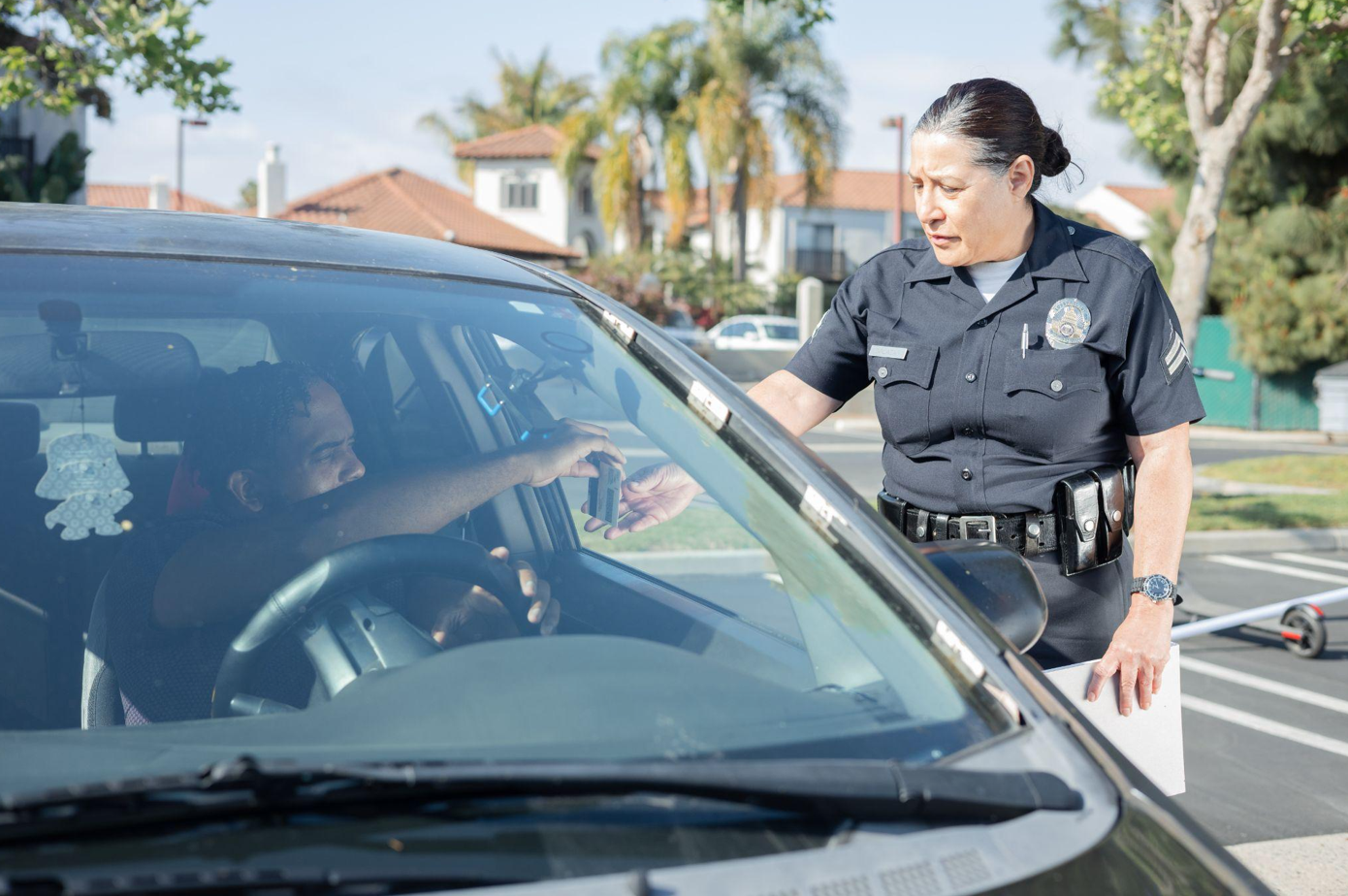

A prevalent misconception suggests that the police must immediately read individuals their Miranda Rights as soon as they’re placed under arrest for a criminal offense.
In Colorado, the “stop and identify” laws mandate that you must present your ID to the police in two specific scenarios: 1) when you’ve been pulled over for a traffic violation, and 2) when you’re detained based on reasonable suspicion of criminal activity. However, apart from these situations, there is no obligation to identify yourself to the police or respond to their inquiries.
When Am I Required to Present My ID to the Police in Colorado?
There are two specific situations in Colorado where the law mandates that you show your identification to law enforcement if they request it:
However, in other instances, you have the right to decline a law enforcement officer’s request to see your ID. If you are unsure whether you are being detained, you can inquire if you are free to leave. If the answer is no, then you must comply with the request to show your ID, as you are being detained.
It’s important to note that if you are a passenger in a car during a traffic stop, you are not obligated to show the police your ID; only the driver is required to do so. However, if the police suspect you of committing a crime, you would then be required to present your ID.
What Should I Do If the Police Begin Asking Me Additional Questions?
Colorado law specifically does not mandate you to provide any additional information to the police beyond your identification during a traffic stop or a detainment. Nevertheless, many individuals, when confronted by the police, may feel intimidated and unintentionally divulge information that would be best left unsaid.
It’s crucial to remember that anything you say to the police can be documented or recorded, and this information may be used against you should the District Attorney decide to file charges. Even if the police officer appears sympathetic or understanding, they’re still looking for any potential grounds for arrest.
For this reason, it’s advised that you remain composed, respectful, and politely decline to answer any further questions from the police if they persist in asking. If the situation escalates, resulting in a pat-down or an arrest, it’s essential to continue observing your Fifth Amendment constitutional right, which allows you to remain silent and refrain from speaking to law enforcement. This prudent approach can help safeguard your legal interests in such circumstances.
What Are the Consequences of Providing a False Name to the Police or Refusing to Answer?

Providing false identifying information to the police constitutes a crime under Colorado state law. Typically prosecuted as a class 2 misdemeanor, the consequences include potential confinement for up to 120 days in jail, and/or fines reaching a maximum of $750. However, if the false information significantly impedes the police’s criminal case investigation or their ability to make an arrest, the offense is escalated to a class 6 felony, carrying the weightier penalties of 12 to 18 months of potential imprisonment in Colorado State Prison and fines ranging from $1,000 to $100,000.
While refusing to provide your name alone is not inherently a crime, it can serve as a contributing factor that may lead the police to arrest you for obstruction of a peace officer, pursuant to CRS 18-8-104. It is essential to understand the potential legal consequences of withholding information from law enforcement, as well as the implications of providing false details, to make informed decisions when interacting with the police.
What Happens If I’m Not Read My Miranda Rights?
A prevalent misconception suggests that the police must immediately read individuals their Miranda Rights as soon as they’re placed under arrest for a criminal offense, often during the handcuffing process. However, Colorado’s criminal law doesn’t require law enforcement to inform those being arrested of their right to remain silent and their right to an attorney until the police initiate questioning, a process referred to as “custodial interrogation.” Therefore, if you’re arrested and taken to a room for questioning, the police must read you your Miranda Rights before they begin the interrogation. Conversely, if you’re arrested, booked, and subsequently released on bail or your own recognizance without being subjected to questioning, the police are not obligated to administer the Miranda warning in such cases. Understanding these distinctions can be crucial when navigating interactions with law enforcement.
How Can I Tell If I Am Being Detained?
In Colorado, it’s within your rights to inquire if you’re free to leave when interacting with the police. If they affirm that you are, it means you’re not being detained; if they say no, then you are indeed being detained. However, it’s essential to note that the police cannot detain you for an extended duration beyond what’s necessary to determine whether there’s probable cause to arrest you. During a detainment, you’re only obligated to provide your name, address, and ID if they ask. Additionally, in the case of a traffic stop, you’re required to provide your driver’s license, proof of registration, and insurance. Apart from these specific instances, you’re not obligated to answer any further questions, and it’s advised not to do so. It’s important to understand that if the police are detaining you based on an alleged crime, they are permitted to conduct a pat-down, often referred to as a “stop and frisk” or “Terry stop,” provided they have a reasonable suspicion that you might be armed. These distinctions can help you navigate interactions with law enforcement while protecting your rights.